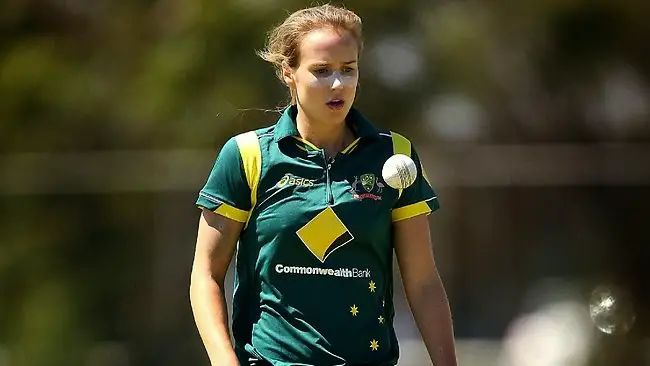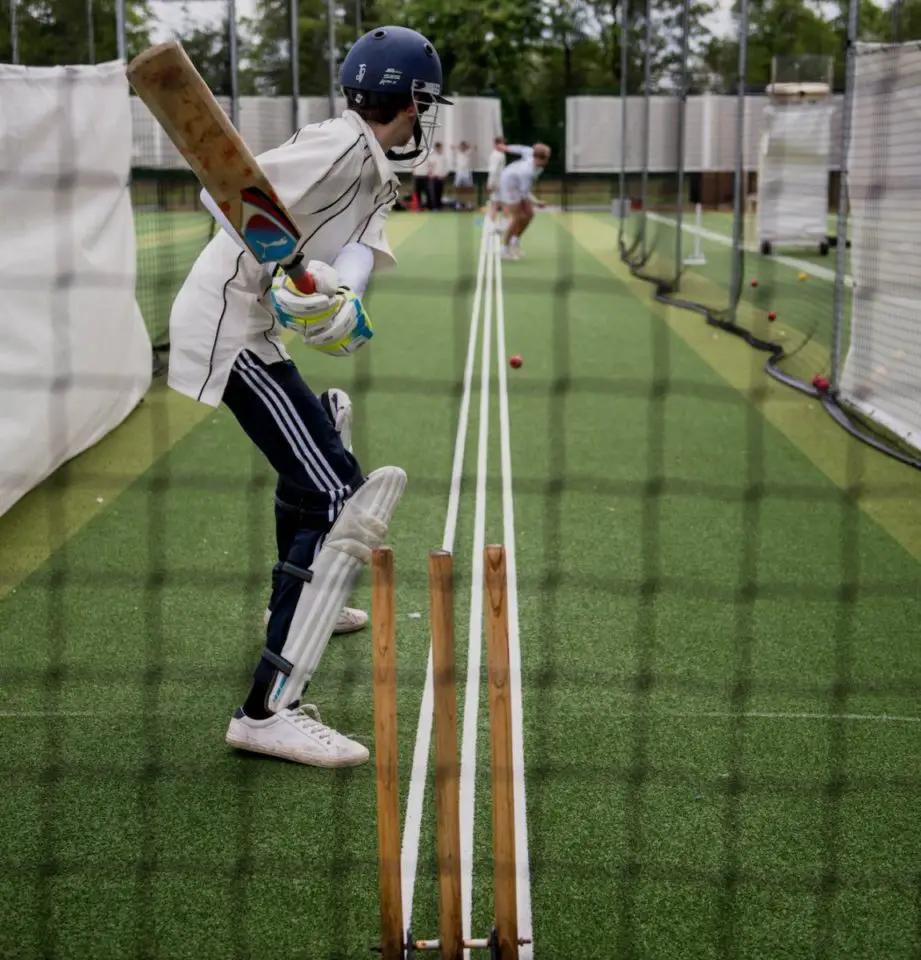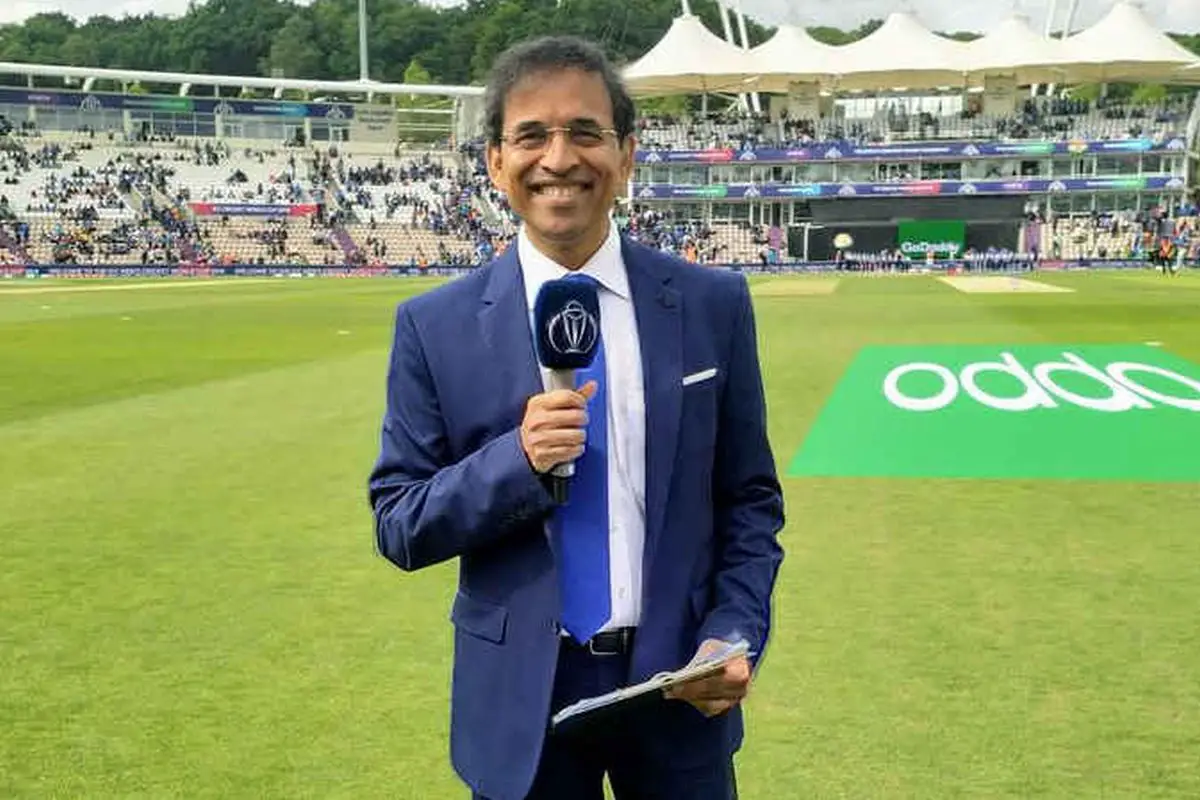Cricket is a game played all over the world and watched by fans from each and every continent. However, you might be wondering if it is worth pursuing your interest in the game and making it into your chosen career.
Cricket, as a sport, can be a lucrative and fulfilling career. Cricket players are paid well as they often earn millions of dollars, travel the world and play the sport they love. With the onset of T20 cricket, players have great opportunities even if they don’t reach an international level!
What’s more, even if you aren’t among the most highly paid cricketers in the world, there are plenty of opportunities to turn your love for cricket into a sustainable and successful career with other roles!
As a player, here are a few things to think about when considering a career in cricket, whether you’re a skilful up-and-coming player, or simply a fanatic wanting to dive deeper into their favourite pastime.
Does Cricket Pay Well?

There are a number of cricketers who make a tremendous amount of money from playing the game. Virat Kohli, for example, was listed in 2019 among the 100 highest-paid athletes in the world.
Did You Know?
In 2020 alone, Virat Kohli’s base salary is expected to be around $4 million! To put it in perspective, Cristiano Ronaldo of Juventus earned a whopping $61 million in salary in 2019! He earned another $44 million in endorsements (total = $105 million)
In 2020 it is estimated that Kohli will have earned more than $28m. That said, only $4m of this will have come through his cricketing contracts, meaning more than 85% of his earnings come from endorsements. In fact, eight of the top ten highest-paid players in the world receive more than half of their earnings through sponsorships.
The England and Wales Cricket Board (ECB) pay their centrally contracted players who are in both the one-day and test teams a salary of around £1m a year – which is then bolstered by appearance-based fees which can add an extra £200,000 a year to that total.
Amazingly, players in the biggest T20 leagues in the world, such as the IPL, can earn almost three times as much money per game as English Premier League footballers. So, in many regards, being a professional cricketer might be one of the most lucrative professional sports roles in the world!

What is the Average Wage of Professional Cricketer Players?
The goal of each professional cricket player is to reach the international level and represent their country. That is also where the money mostly is!
Most professional cricket players don’t earn anything near as much as the international players. However, with players in England’s Country Championship earning an average of £50,000 a year, it still isn’t a prospect to be sniffed at.
Nevertheless, the financial state of professional cricket outside of the most popular and televised versions of the game, means that these wages for professional players who participate in the longer, more traditional forms of the game, are likely to decline in the future.
That said, the average wages for players in the short forms of the game, such as T20 and the new Hundred league in the UK, are set to earn more and more as television audiences and stadium audiences continue to grow.
What if I am a Female Player? What Do Female Cricketers Earn?

As in any sport, there is ongoing debate surrounding the earnings of women who play the game professionally in comparison to their male counterparts. In the last 10 years, women’s professional salaries in the sport have regularly increased by more than 50%.
The ECB, for example, pay their centrally contracted female players wages in the region of £50,000 a year. Meanwhile, Elyse Perry (Australia’s highest paid female player) is estimated to earn around $300,000 a year.
That said, the opportunities for women players are also not nearly enough as compared to their male counterparts. The Womens’ Big Bash League in Australia is an excellent option for a women player. But, other than that, the options currently are limited.
How Hard do you have to Work as a Professional Cricketer?

It’s important not to forget that getting to be a professional level cricket player – even to a County or State Level – requires a lot of hard work and dedication throughout childhood and into early adulthood.
The countless hours traveling to and from games, training in the nets, and (increasingly) at the gym, will put a strain on most people’s desire to become a professional cricketer.
What’s more, if and when you do break into the world of professional cricket – maintaining your position in such a highly competitive environment requires an even greater level of both physical and mental commitment. Players will typically play matches several days a week and train most days that they are not playing.
Tips for Getting Good Enough to Play Profession Cricket

If you have the grit and determination (as well as natural talent) to make it as a professional cricketer, there are a few other tips to consider as you work your way up the ladder.
While, the process can not be summarised in just a few lines, I’m sharing top 5 tips that you should consider in order to grow your skills and your career –
Tip 1 – Start Your Career Early
The earlier you start, the more opportunities that you get to play competitive cricket. You also get more time to hone your skills! We recommend starting your training at the age of around 5-7 years.
We covered this exclusively in one of our other blog posts in detail. Be sure to read up on it and check it out!
Don’t worry if you have started playing cricket later than the recommended age. There have been plenty of good examples of players reaching the international level despite starting late. However, start early gives you more time and more opportunities.
Tip 2 – Practice, Practice and Practice!
They say, if you practice something for over 10,000 hours, you can master it!
It goes without saying, you need to become a master of the game. Whether it’s facing the bowling machine for hours on end as a batsman, or repeatedly bounding down the wicket as a bowler; you will only get better if you put in the hard work on the training ground.
Don’t let any opportunity for practice get missed. Having said that, keep it entertaining and fun. If you are not able to enjoy playing the game, you will not be able to concentrate and improve. Don’t make practice a burden!
Tip 3 – Join an Academy
Importance of a mentor and a coach is extremely high in any career. It is the same even with cricket.
An academy allows you access to cricket coaches, practice sessions, equipments, mentors, and an opportunity to play with other budding professional cricketers.
This plays a vital role in overall personality development as well the game specific skill development.
Also, make sure to join an academy that has good coaches. A good coach can mentor you and guide you in making changes to your game so that you continue to improve your skills. Seek them out and ask for their advice.
Tip 4 – Participate in Practice Matches
While practicing is an important part of skill improvement, there is nothing better than playing an actual competitive cricket match.
The conditions that occur during a cricket match, the pressure situations, the changes in the conditions and field placements as well as facing the aggression of the opposing team can only be learned by participating in matches.
Thus, make sure that you participate in as many practice matches as possible in addition to practicing in the nets.
Tip 5 – Be Patient, but Reliable!
As you keep the pursuit on, be patient. The opportunities will come your way.
However, make sure you are also reliable – not just on the field but off the field as well! Always turn up on time. Coaches will find it easier to trust you and give you more opportunities to showcase your talent and continue to improve your skills.
Perks of having Cricket as a Career
There are several perks that cricket as a career can offer to you in addition to earning money! Let’s look at some of these in detail.
1. Cricketers get to Travel
This is certainly one of the perks of being a professional cricketer. You get paid to visit some of the most beautiful locations in the world – often bathed in glorious sunshine – spending your time being paid to watch or participate in your favorite game.
Another thing to consider is that playing professional cricket can require an incredible amount of travel – particularly if you want to make more money. Not only do you have to travel around the country in which you are playing each season, but many players also ‘chase the cricket season’ and travel around the world.
This means that they will play a season of 6 months duration in the southern hemisphere and then the next 6 months will be played making the most of the conditions in the northern hemisphere.
2. Fame and Recognition
This needs no explanation.
Being a good cricketer can get immense amount of fame and recognition throughout the globe!
With the advent of television and live televised broadcasts of all the matches that are taking place globally, and with ever increasing global audience – being a cricketer can make you a household name!
While some players prefer to stay away from all the attention that they get, most tend to adapt and enjoy this as a privilege!
3. Health Benefits
Having a career in cricket in the modern day and age means requiring you to be fit and healthy!
This means you carry the fitness routines often even after you have retired. This leads you to to live a healthy lifestyle!
What do Cricketers do After they Retire?

In most cases, professional cricket players go on to become coaches. This can, in some cases, be a very lucrative career – just like playing. The highest-paid coaches in the world earn more than half-a-million dollars a year. Meanwhile, many are able to make perfectly comfortable livings coaching at all levels; from schools, right through to an international level.
It’s no surprise that some of the highest-level coaches at international level were themselves players in the past. Ravi Shastri, the Indian National Team’s head coach, was himself a fine cricketer who played more than 200 times for his country.
However, there’s also a market for ex-professional cricket players in the world of journalism and television. Many of the game’s greats have gone on to take up a position in the commentary box; including Geoffroy Boycott, Shane Warne, Michael Holding and Harsha Bhogle – who earns approximately £35,000 for each series he commentates on.
Are there any Disadvantages of Having Cricket as a Career?
While there are so many perks and advantages that cricket as a career can offer to you, however, there are some disadvantages as well!
1. Limited Family Life (during the career)
One downside of this for many professional cricketers in their 20s and 30s (who may be wishing to start a family) is that this can put an awful lot of strain on their family and relationships.
The trade-off, though, is that the money they earn in the short term will mean that they will need to work less down the line. This a consideration for all professional athletes, whose careers only last as long as their bodies allow them to perform to the high level required of them. It’s estimated that professional cricket careers last only 10 years when a player is playing at the highest level.
2. Cricket Can be a Dangerous Sport
While injuries are common in all forms of sports, cricket can sometimes cause career-ending injuries.
In rare cases, the injuries can also be fatal and can cause tragic incidents in the sport. For eg. if a cricket ball hits your head especially by a fast bowler, it can cause a fatal injury as was the case with Phil Hughes of Australia.
While such incidents are far and few apart, getting a bloody blow on the body is not uncommon. This has been seen to occur despite extra precautions and proper preventions.
3. Early Retirement
On average, a cricketer retires in his mid-30s; an age where most people have not even reached the peak of their respective careers!
While some people may consider this as a blessing, many players don’t know what to do with their lives after cricket! They find it difficult to adjust to not doing anything!
Thus, this can be challenging for some. My advise would be to always keep in mind what you would want to do once you retire as a professional cricketer and work towards that even through your career.
Can I Have a Career in Cricket without being a Player?

Cricket is one of the most popular sports in the world. It’s thought that there are more than a billion active cricket fans in the world, on every continent, from Australia to Alaska.
As such, there is an enormous and global economy built around the game, meaning that whatever your professional interest, you will probably be able to find a role somewhere in the world that can directly work in the cricketing industry.
There are several jobs at every level in Cricket. Some of these roles could be as follows –
- Cricket Coach (coaching kids in summer camps)
- Cricket Team Manager
- Cricket Analyst
- Score Keeper
- Groundskeeping staff
- Pitch Curator
- Commentator (Radio & TV)
- Cricket Umpire
- Cricket Ball Boys
- Stadium Management
- Running a Cricket Academy
The above options form just an indicative list can and the actual number of options to have a career in cricket can be quite exhaustive!
Think about the cricket shops around the world that rely on people with a passion for the game to help others find equipment, from bats and pads to scorebooks and shoes.
Without enthusiasts for the sport continuing to provide services at the grassroots, such as these, it will be hard for the game to continue the growth which might create more opportunities for cricket to become people’s professions in the future.

